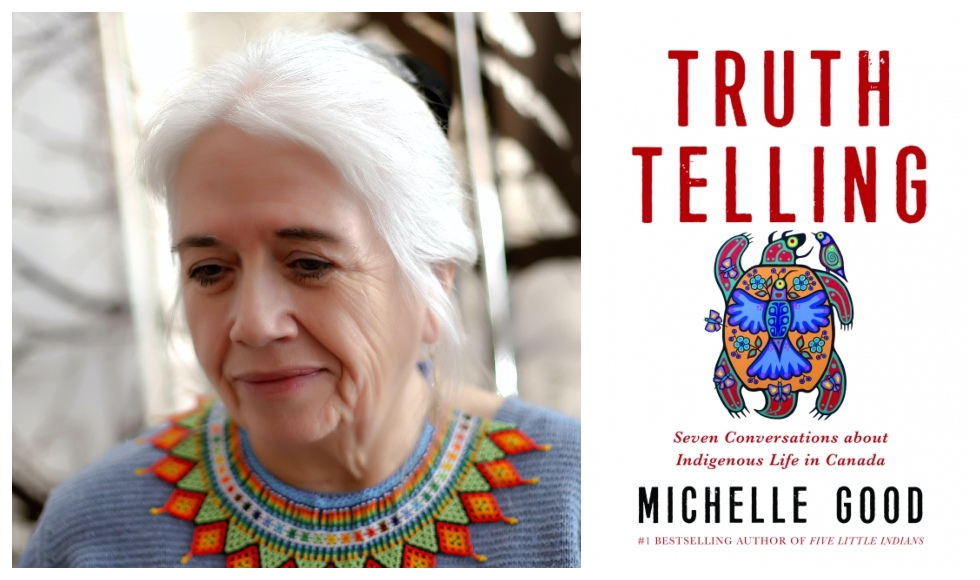Supporting Truth and Reconciliation, one story at a time

The McMaster Indigenous Studies Community Book Club is drawing on the power of storytelling to bring the campus community together, spark conversations about the experiences of Indigenous people in Canada and explore themes of Truth and Reconciliation.
Storytelling is at the heart of the human experience.
Now, a new book club is drawing on the power of storytelling to bring the campus community together, spark conversations about the experiences of Indigenous people in Canada and explore themes of Truth and Reconciliation.
The McMaster Indigenous Studies Community Book Club, organized by the Indigenous Studies Department, is open to all McMaster students, staff and faculty and will include both virtual and in-person discussions. It was created to encourage open dialogue, promote discussion, and provide an opportunity for learning and growth among all participants.
The book club will run throughout the fall term and will feature the book Truth Telling: Seven Conversations about Indigenous Life in Canada, a collection of essays by Indigenous activist and award-winning novelist, Michelle Good, who will also be taking part in a virtual book club discussion.
The collection includes an expansion and update of Good’s influential Globe and Mail article on “pretendians,” and includes pieces on a range of topics such as discrimination against Indigenous children, what is meant by meaningful reconciliation, and the importance of the Indigenous literary renaissance of the 1970s.
Adrianne Xavier, an assistant professor in the Indigenous Studies Department, Chrissy Doolittle, the director of Indigenous Student Services and Ashley Green, the undergraduate administrative assistant in the Indigenous Studies Department, all helped to develop the book club.
Xavier talks about where the idea to start the book club came from and what she hopes participants will take from it:
What made you decide to start a book club?
There was a university-wide book club at the university I was at before coming to Mac, and the idea of sharing an experience with so many others appealed to me. As well, in 2021, I received the Petro Canada McMaster Young Innovator award and, last year, I expanded it to include more in-person activities around the theme of “building community in Indigenous studies,” with a focus on understanding relationship building and community. Students asked for this book club during those events, so we pursued it!
Why did you choose to start with the work of Michelle Good?
Dr. Renae Watchman, an associate professor in the Indigenous Studies Department, recommended Michelle Good’s book and, for myself, the idea of short and accessible stories really speaks to what we hope to achieve here. Students, faculty and staff are all busy, but we can all set aside some time for a story.
What do you hope participants will take away from the book club?
My personal hope is that the participants take away a love of story and a new friendship – with the literature, the author’s works, and with the members of the book club. Indigenous Studies is a young department, but we have a long-standing presence at McMaster – we want to give everyone the chance to be part of it in some way, while also promoting the valuable and very talented Indigenous authors out there.
How often will the book club meet?
For the fall, we are aiming for two to three meet ups. That way, if you miss one, there’s still at least one more. The hope is to have these discussions and then, toward the end of the term, have a final meet up to share our favourite pieces. Hopefully, by then, we’ll be able to announce the winter book that’s been chosen!The first 150 registered participants will receive a free copy of Truth Telling: Seven Conversations about Indigenous Life in Canada. Participants will receive an email confirmation when books are available for pickup from the Indigenous Studies Department. The book can also be purchased directly from GoodMinds, a First Nations family-owned business, passionate about Indigenous education.


